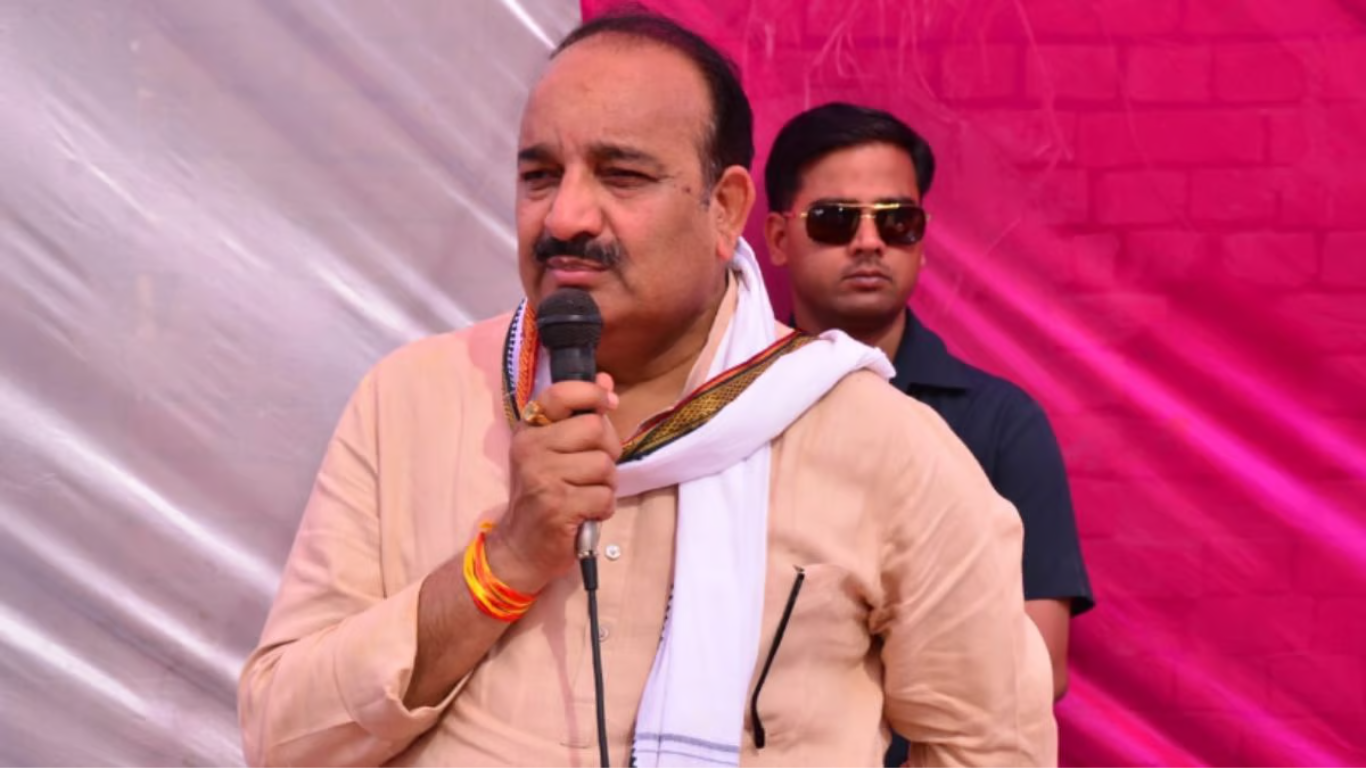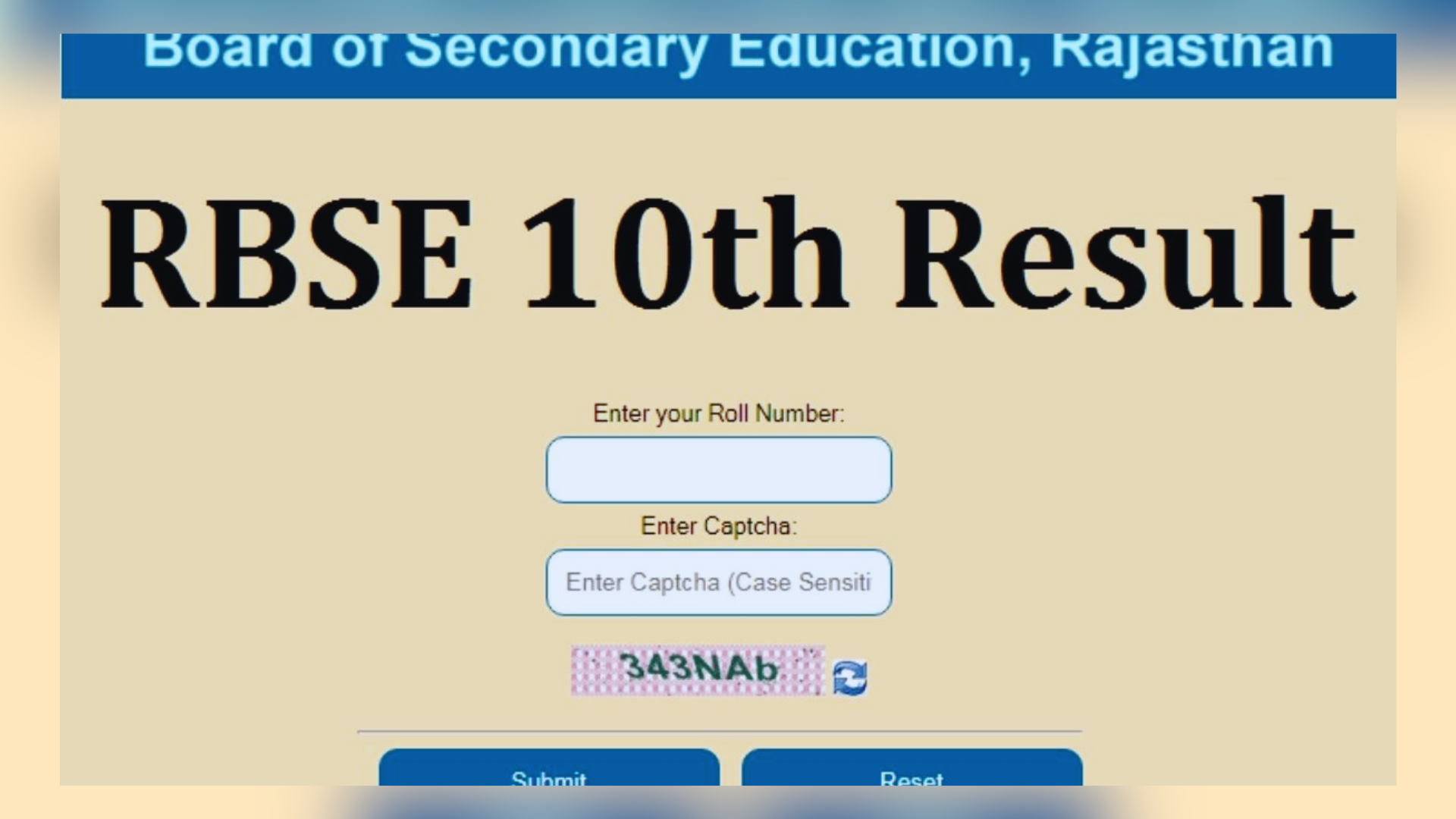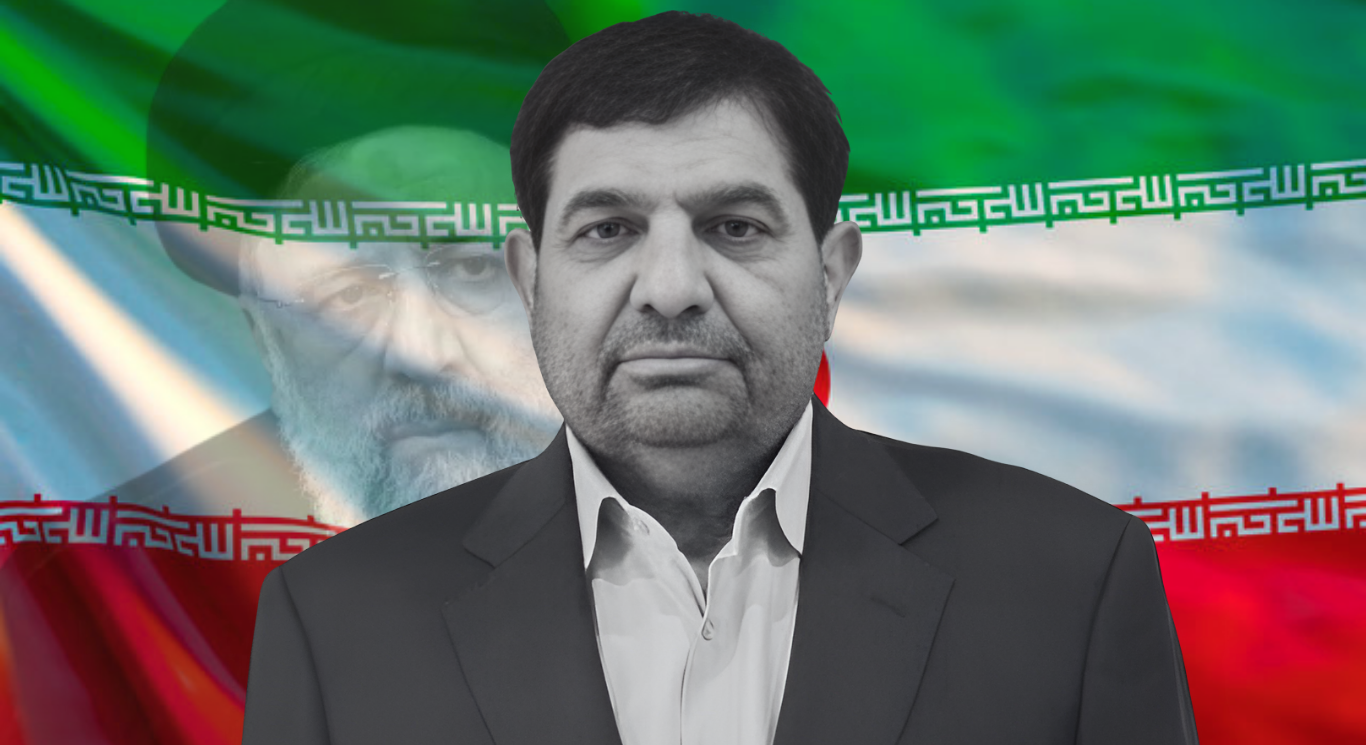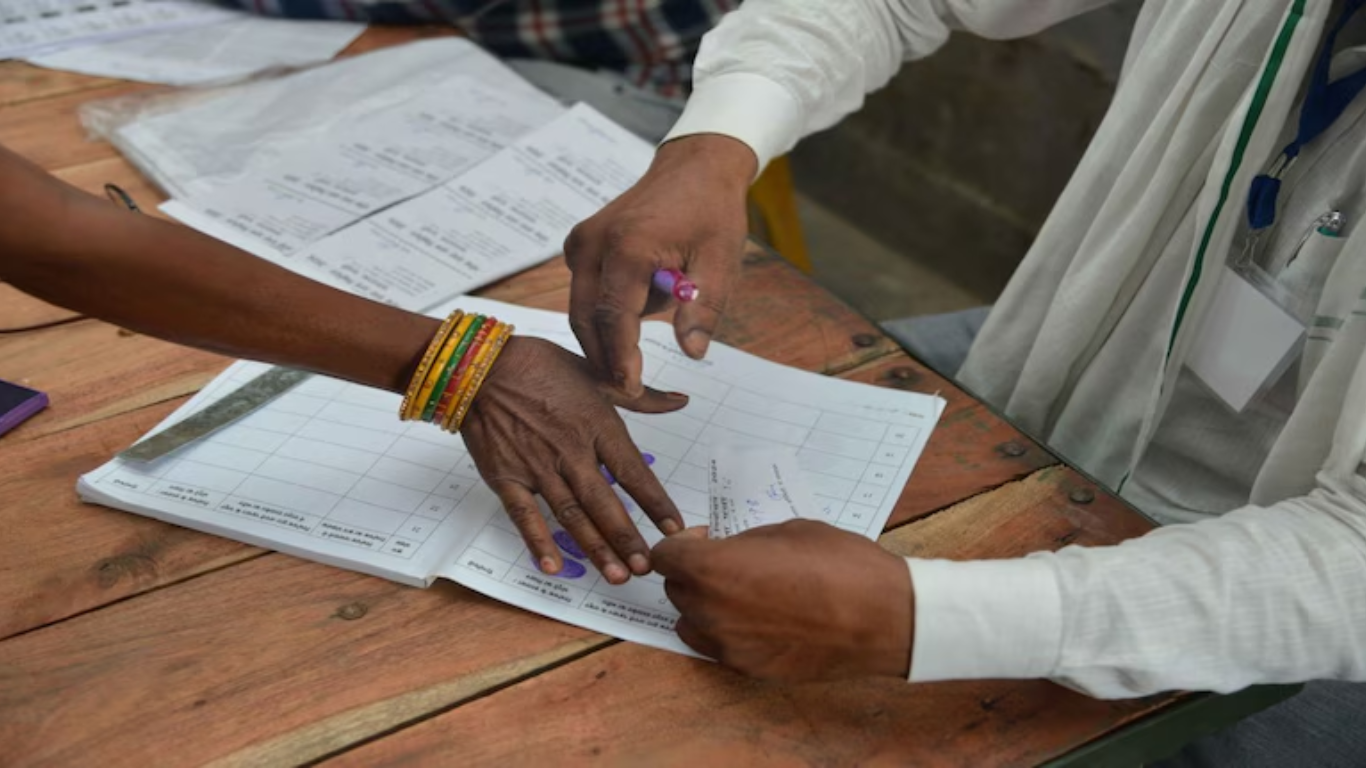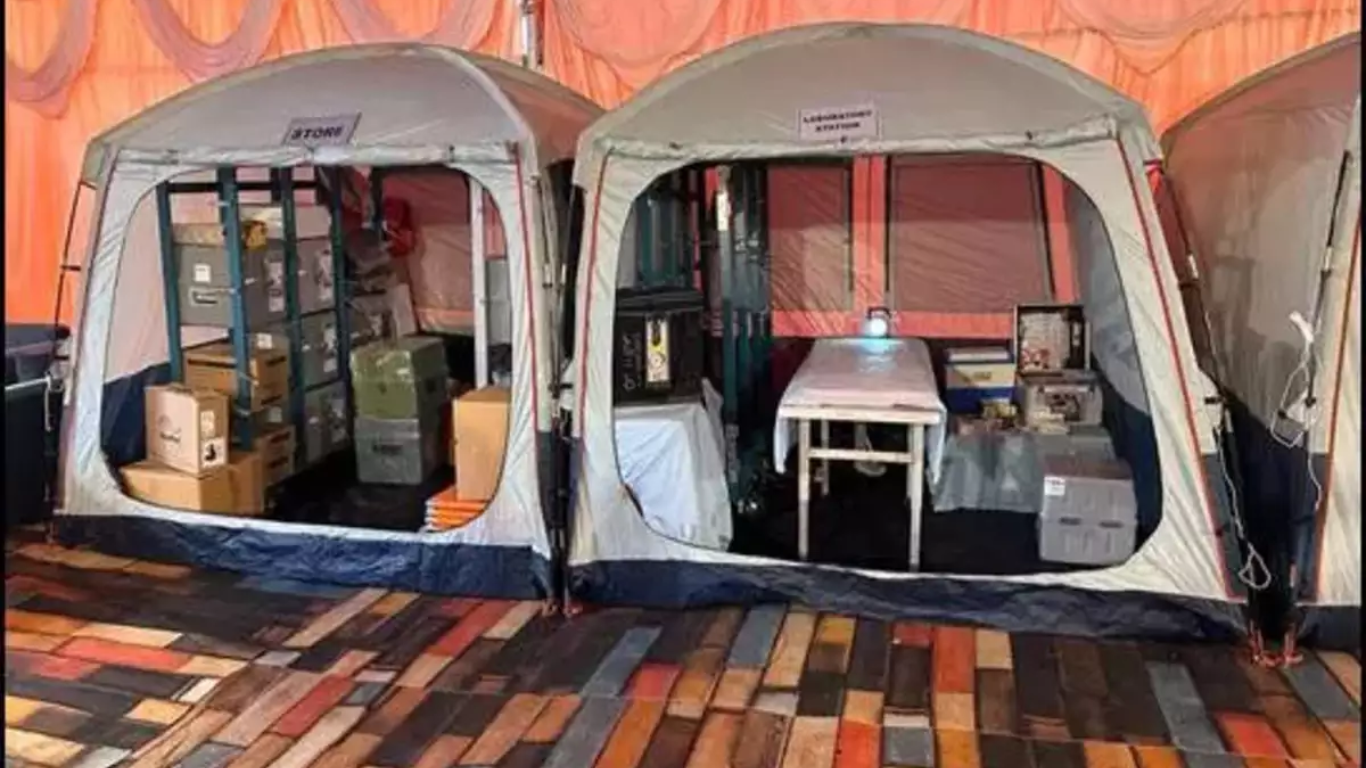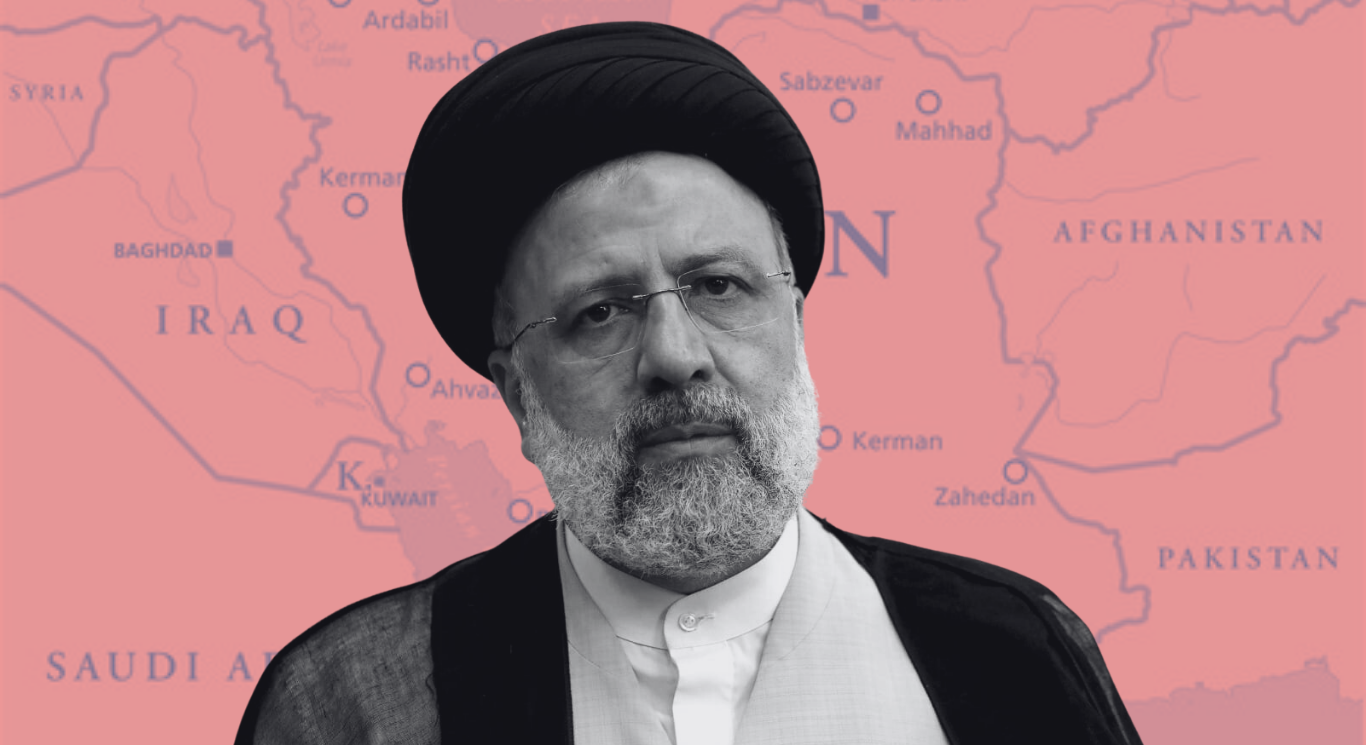





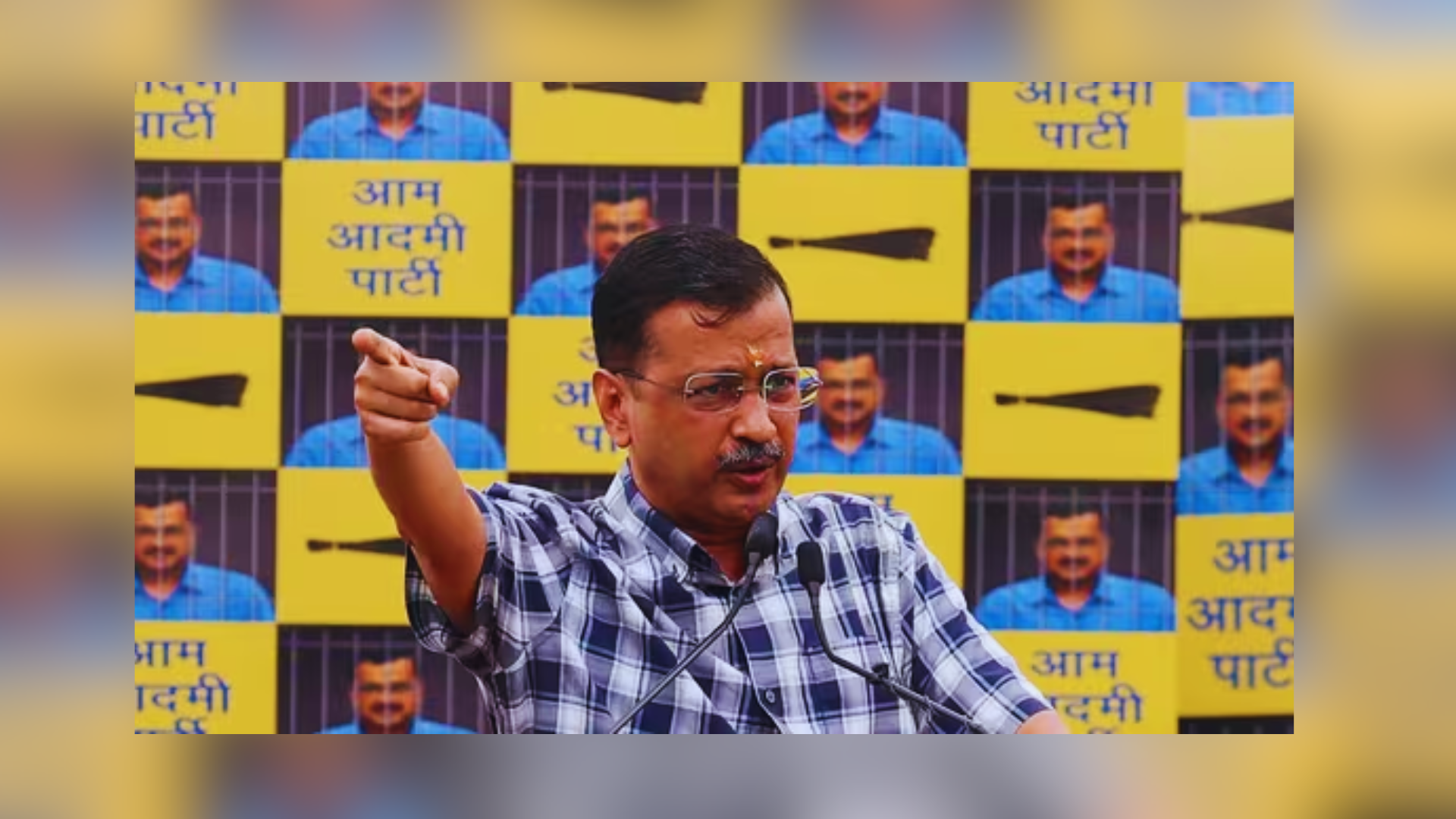



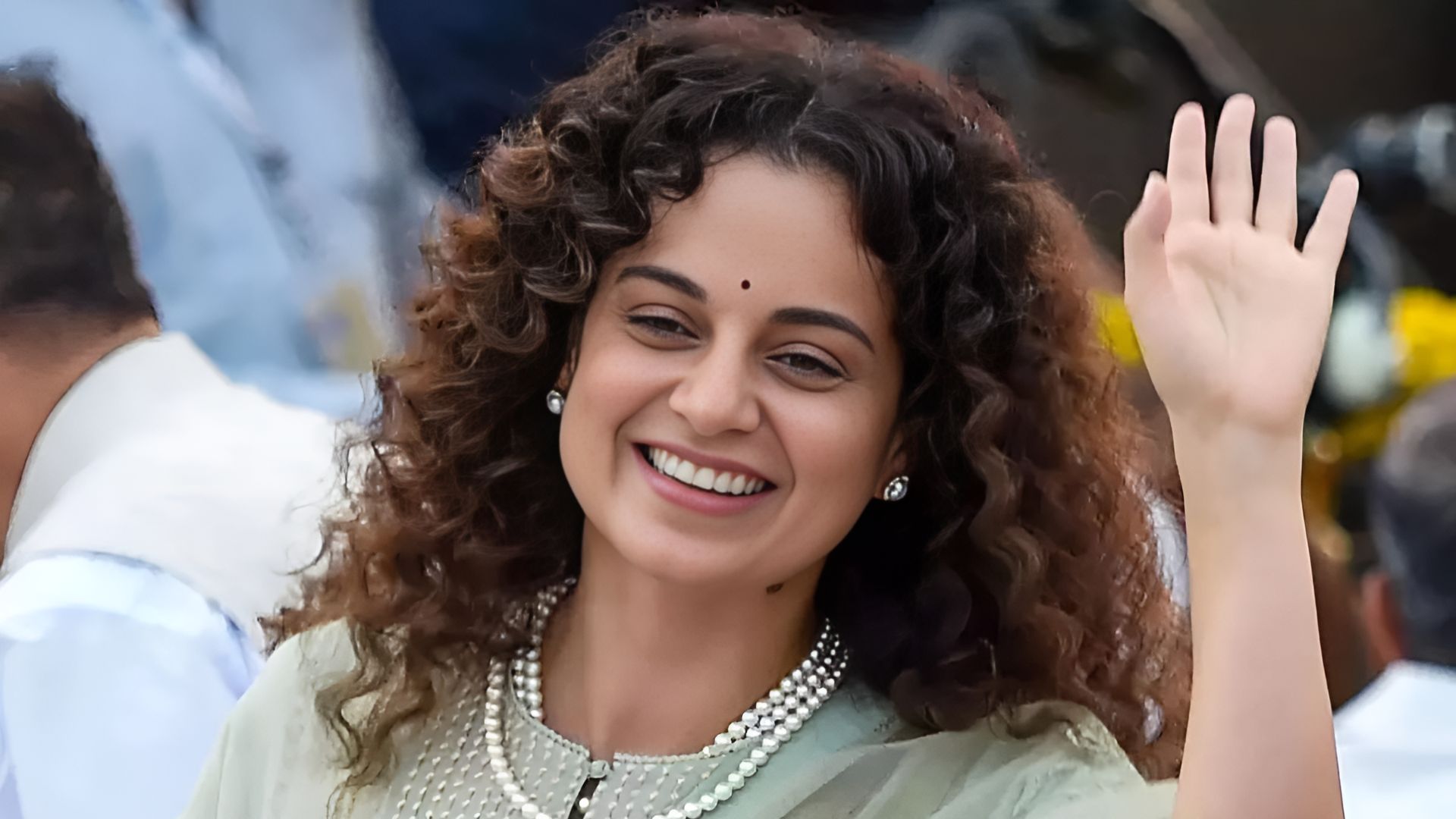
Kangana Ranaut’s statement that Subhash Chandra Bose was the first prime minister of India sparked controversy and criticism, as many viewed it as historically inaccurate. However, her statement can be understood in the context of Bose’s establishment of the provincial government of Azad Hind (Free India) in Singapore during World War II.
Subhash Chandra Bose, during World War II, saw an opportunity to liberate India from British rule by aligning with Axis Powers like Japan, Nazi Germany, and Italy. In 1943, he set up the ‘Arzi Hukumat-e-Azad Hind’ (Provisional Government of Free India) in Singapore, appointing himself as the prime minister and minister of war. This government sought recognition from the international community, issued stamps, currency, and passports, and established courts, effectively functioning as an alternative to the British administration.
Bose’s government was diplomatically recognized by Axis powers and some Japanese states, and it claimed authority over Indian territories occupied by the British, including the Andaman and Nicobar Islands. Although the Azad Hind government’s control was limited and short-lived, its establishment represented a significant effort towards India’s independence.
It’s also worth noting that before Bose’s Azad Hind government, Raja Mahendra Pratap and Maulana Barkatuallah formed India’s first provincial government in Kabul in 1915. This government aimed to fight for India’s independence with support from Central Powers like the Ottoman Caliph and the Germans, mainly targeting Muslims in Kashmir and the northwestern frontier of British India.
In conclusion, while Kangana Ranaut’s statement may not align with conventional historical narratives, it sheds light on Bose’s role in establishing a provisional government during a critical period in India’s struggle for independence.



